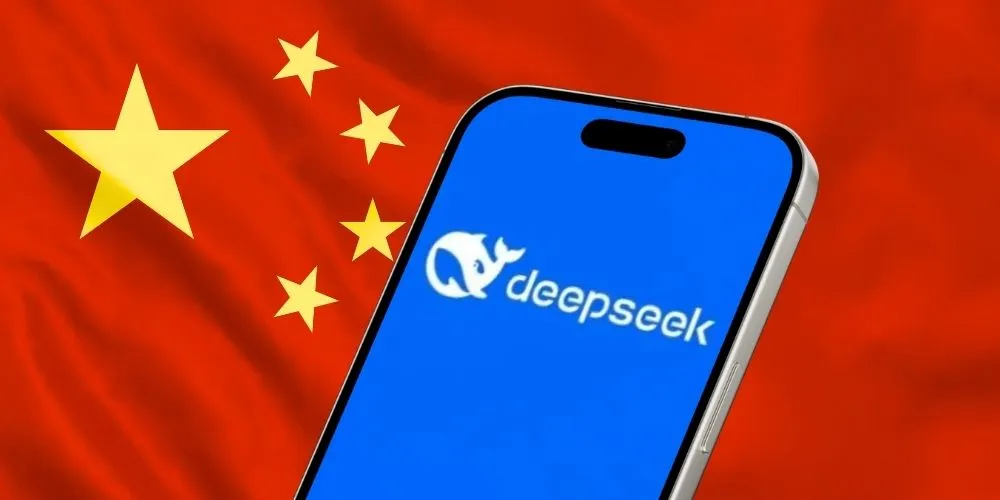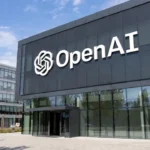Key Points
- DeepSeek has quietly released an upgraded version of its R1 reasoning model on Hugging Face.
- The original DeepSeek R1 model previously outperformed offerings from OpenAI and Meta.
- The upgraded model now ranks just behind OpenAI’s o4-mini and o3 on LiveCodeBench.
- The release further cements DeepSeek’s reputation in AI innovation and efficiency.
Chinese artificial intelligence startup DeepSeek has quietly released an upgraded version of its reasoning model, DeepSeek R1, on the AI model repository Hugging Face. Without any official announcement, the move has again drawn global attention, mirroring the surprise launch of its earlier R1 model that significantly disrupted the AI market.
DeepSeek made headlines earlier this year when its original open-source R1 model outperformed several reasoning models developed by major players like OpenAI and Meta. The unexpected success of DeepSeek R1, developed at relatively low costs and within a short timeframe, raised concerns among investors about whether U.S. tech firms were overspending on AI infrastructure. The surprise performance wiped billions from the market value of companies such as Nvidia, though they have since rebounded.
The newly released upgrade of DeepSeek R1 focuses on advanced reasoning capabilities. Reasoning models are designed to perform more complex, multi-step logical tasks, differentiating them from standard language models. Despite its quiet release, the improved DeepSeek R1 model has already made an impression on LiveCodeBench, a benchmarking platform where it currently ranks just behind OpenAI’s o4-mini and o3 reasoning models.
This release reinforces DeepSeek’s growing reputation in the global AI race. It underscores the resilience of China’s AI sector, which continues to innovate despite mounting U.S. restrictions on semiconductor exports and other advanced technologies. Chinese tech leaders, such as Baidu and Tencent, are also accelerating efforts to optimize their models to remain competitive despite these curbs.
DeepSeek’s success story highlights how open-source AI development in China is challenging the dominance of U.S. firms, signaling a shift in the global AI landscape.





